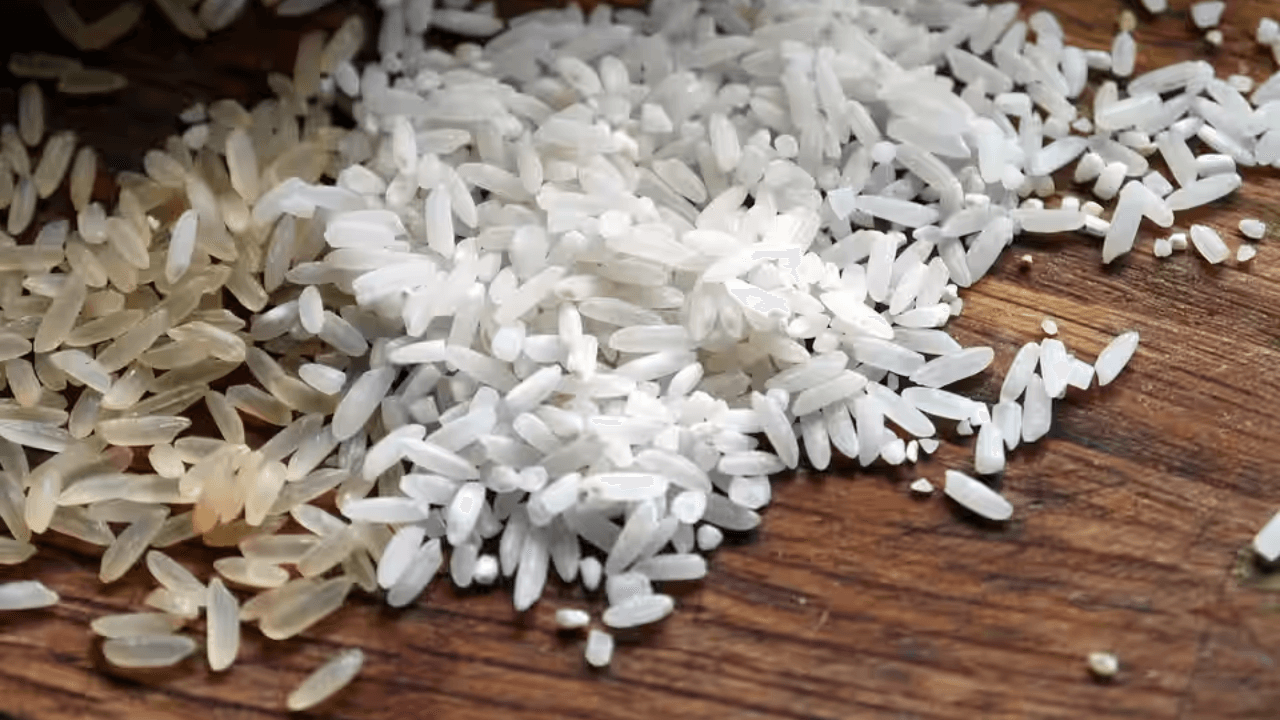India, renowned as the world’s leading rice exporter, has taken a significant step to stabilize domestic prices by enacting a ban on the export of “non-basmati white rice.” Nevertheless, the government will permit white rice exports to other nations on a case-by-case basis, contingent upon meeting their food security requirements and obtaining formal approval from their respective governments.
Reasons for Export Ban:
The primary motive behind India’s export ban on non-basmati white rice is to ensure an ample supply of this rice variety in the domestic market and alleviate the surge in rice prices within the country.
Challenges Affecting Rice Production:
The rice production sector in India has confronted two major challenges. Firstly, the ongoing conflict in Ukraine has significantly impacted global food prices, including the rice market. Secondly, unpredictable weather patterns, such as heavy monsoon rains in rice-producing northern states and insufficient rainfall in other regions, have adversely affected rice cultivation.
Role of Directorate General of Foreign Trade (DGFT) in Promoting Exports:
The Directorate General of Foreign Trade (DGFT), a government agency headquartered in New Delhi, plays a pivotal role in overseeing and enforcing foreign trade regulations. Additionally, it is responsible for developing and implementing the Foreign Trade Policy, aimed at fostering India’s export activities and enhancing trade relations with other countries.
Conclusion:
India’s decision to ban non-basmati white rice exports reflects the government’s efforts to stabilize the domestic rice market and tackle the challenges posed by global events and unpredictable weather conditions. The role of the Directorate General of Foreign Trade (DGFT) remains crucial in supporting India’s export endeavors and navigating the complexities of the international trade landscape. As India adapts to these measures, the impact on rice trade and its market position will be closely observed.
- 3 August Current Affairs 2023 in English
- MoU Between Subroto Mukerjee Sports and Education Society and All India Football Federation (AIFF) to Promote Football at Grassroot Level
- Dr. Mansukh Mandaviya Delivers Keynote Address at the 13th Indian Organ Donation Day ceremony
- Education Ministry Forms Expert Panel on Anti-Discrimination in Higher Education
- Concerns Arise Over Cheetah Deaths at Kuno National Park
